Unveiling the Fascinating History of Soap: From Ancient Origins to Modern Marvels
Soap, an essential part of our daily lives, has a history that spans back to ancient civilizations. Join us as we delve into the intriguing journey of soap, packed with legends, luxury, and surprising transformations. At The Cornish Scent Company, we not only take pride in crafting exquisite soap products but also in preserving the rich heritage that has shaped this everyday commodity.
-
Soap's Ancient Origins: Dating back to 2,800 BCE, soap's inception was remarkably simple, comprising just two ingredients - a fat (such as animal fats or olive oil) and an alkali (like sodium hydroxide or potassium hydroxide). Early societies harnessed this powerful combination for cleaning purposes. In the ruins of Ancient Babylon, archaeologists discovered the soap formula of cassia oil and wood ash inscribed on a clay tablet. Interestingly, Babylonians primarily used soap for textile cleaning, while the ancient Egyptians integrated it into their bathing rituals and skincare.
-
A Roman Connection: The origin of the term "soap" is tied to a captivating Roman legend involving Mount Sapo. Though the existence of the mountain remains uncertain, it is believed that animal sacrifices led to the mixture of wood ashes and animal fat flowing down to the river, forming soap that women utilized for washing clothes. The name "sapo" made its literary appearance in Pliny the Elder's Historia Naturalis in 77 A.D. However, Romans mainly employed soap for cleaning textiles, not for personal hygiene.
-
Soap as a Symbol of Luxury: During the 1500s-1700s, soap was regarded as a luxury item among the affluent. The transition from animal fats to vegetable oils contributed to a more pleasant fragrance, and the global exchange via the Silk Road popularized Syrian Aleppo soap and Spanish Castile soap, heightening its exclusivity. The introduction of the "LeBlanc Process" accelerated production, making soap more accessible to the masses. Visionary manufacturers like William Gossage played a pivotal role in producing high-quality soaps at affordable prices.
-
A Shift in Perception: Surprisingly, when the American colonies were established, many people shunned bathing and soap usage due to the misconception that water spread diseases, and dirt served as a protective layer. This attitude changed during the mid-1800s amid the Civil War, when the Union War effort educated the public about the benefits of soap. The demand for affordable soap surged, and Procter and Gamble's perfumed ivory soap became an iconic product. P&G's early sponsorship of radio dramas coined the term "soap operas" for these dramatic programs.
-
The Era of Detergents: In the 21st century, while soap remains ubiquitous, most modern products labeled as soap are, in fact, detergents. Synthetic cleaning products developed by German chemists in the early 20th century offered a smoother texture and abundant suds compared to traditional soaps. Today, true soaps are relatively rare in the market.
At The Cornish Scent Company, we cherish the legacy of soap and continue to offer you and your family safe and effective soap products, thoroughly tested to comply with UK laws. The next time you lather your hands with our soap, take a moment to appreciate the ancient history and remarkable evolution that brought this essential item into our daily lives. Embrace the future with us and explore the captivating scents and nourishing qualities of The Cornish Scent Company soap collection.
